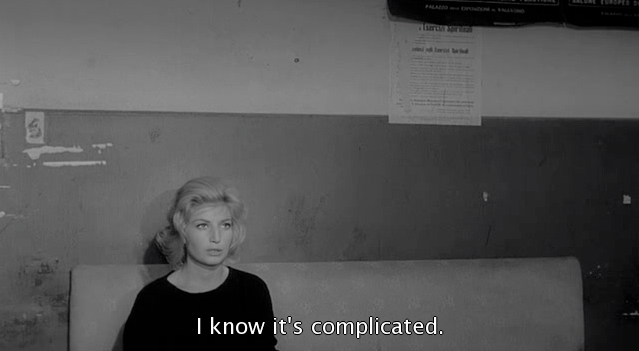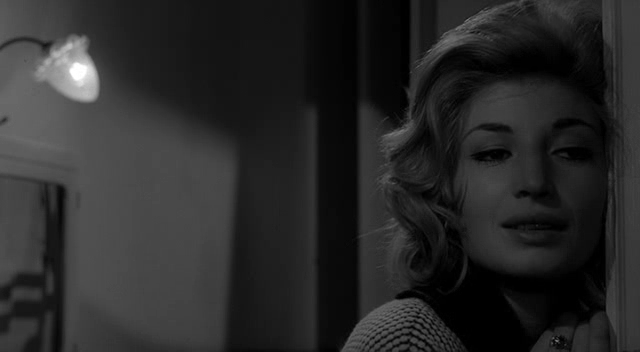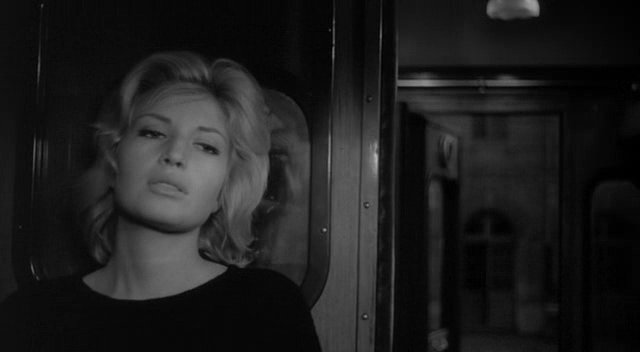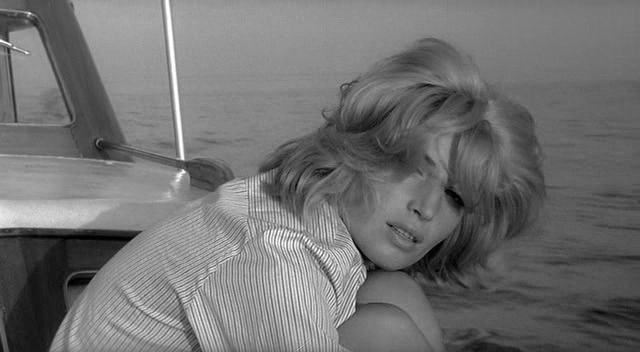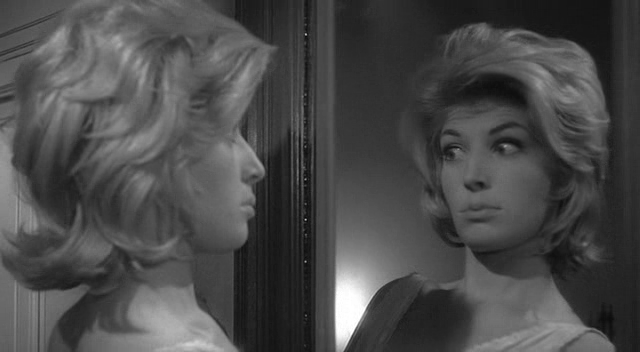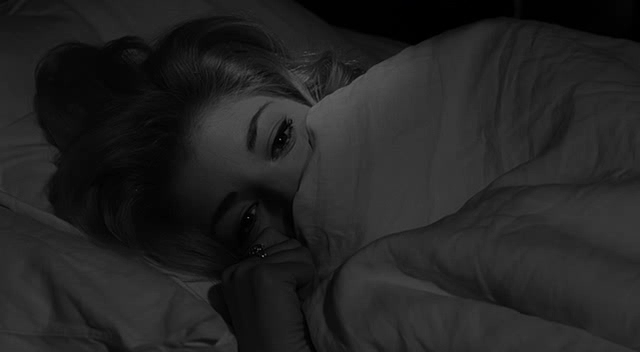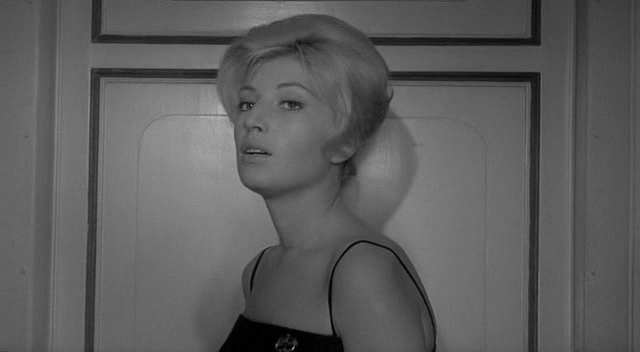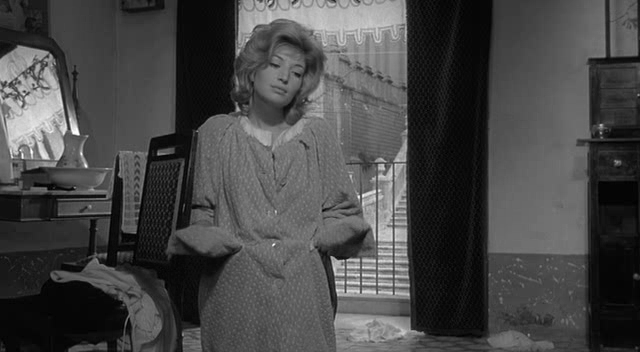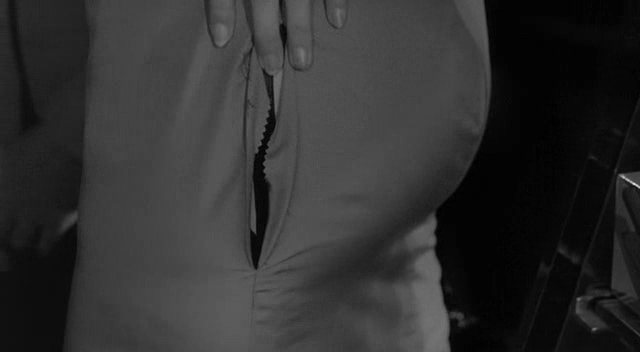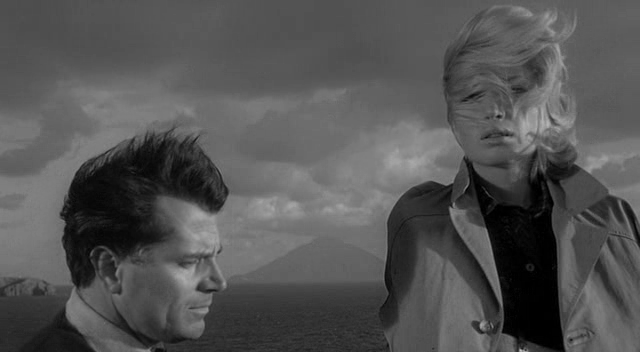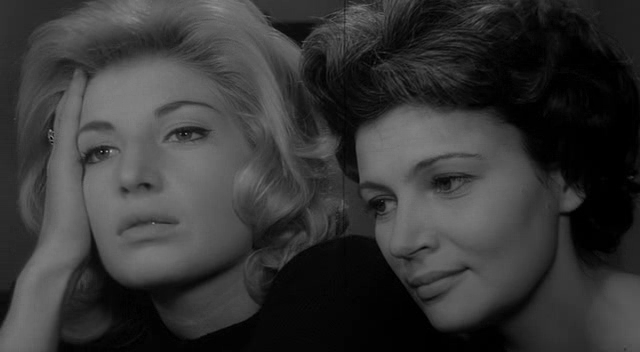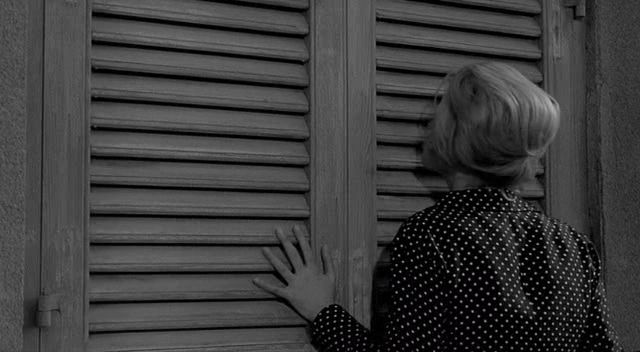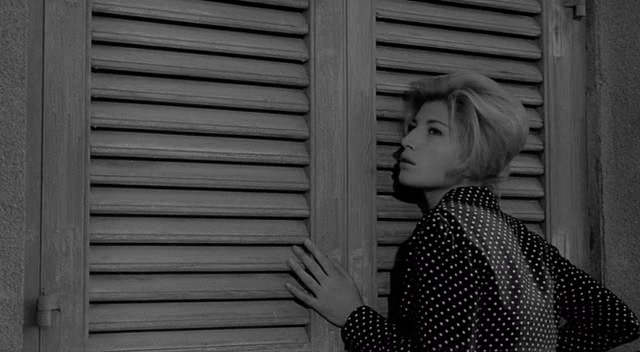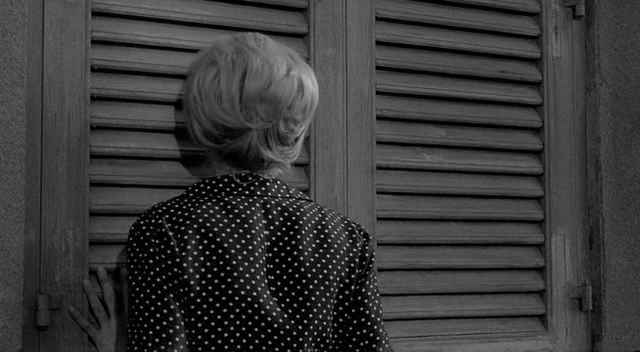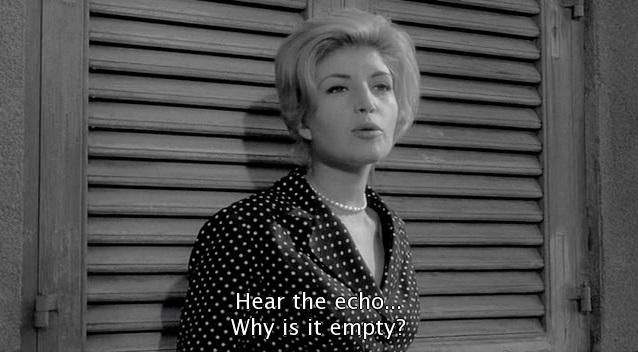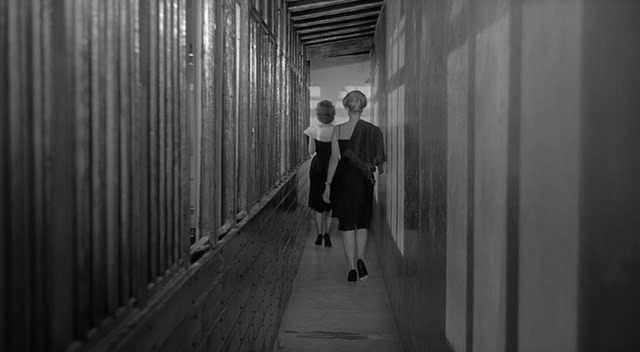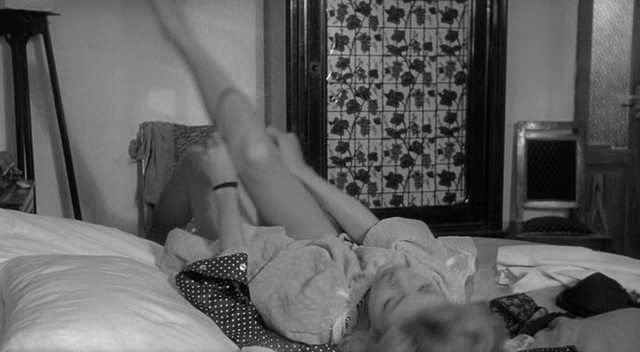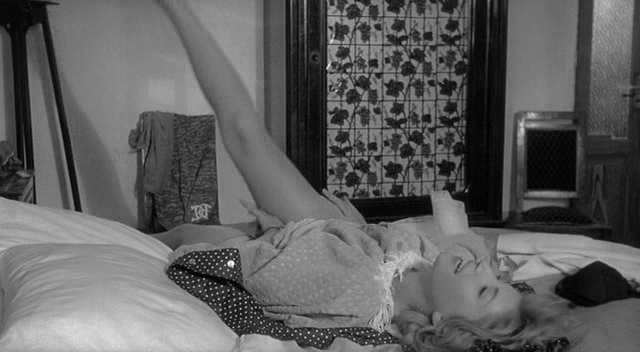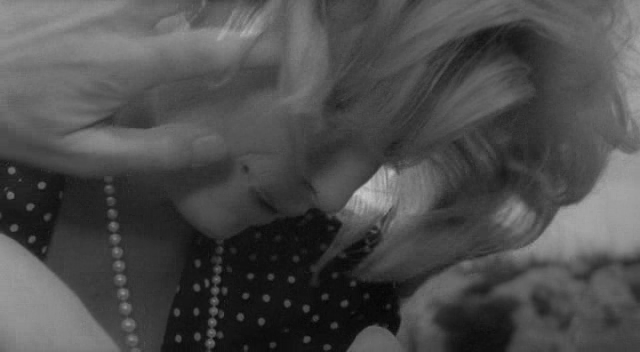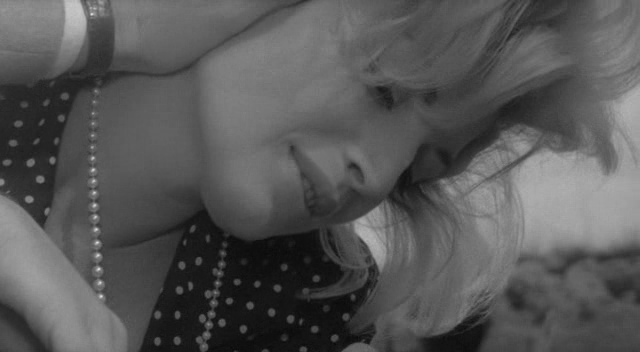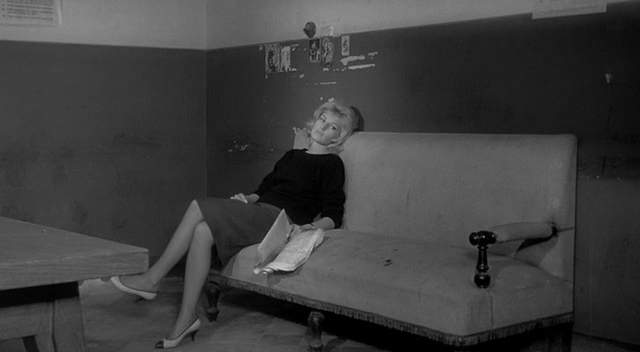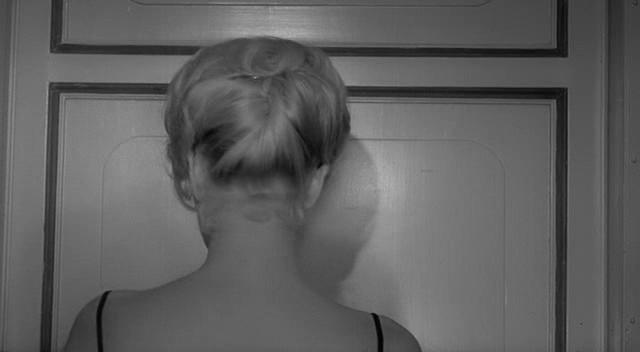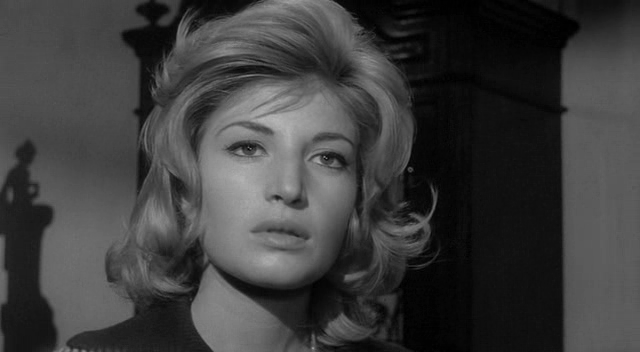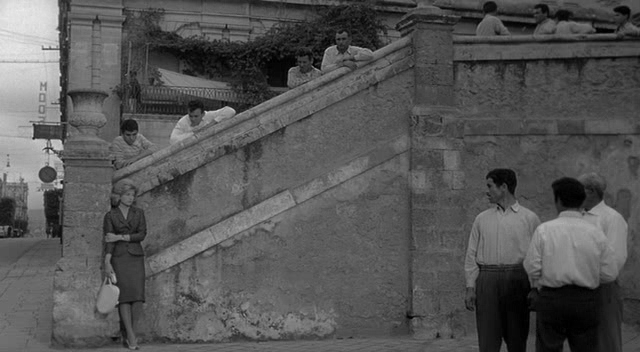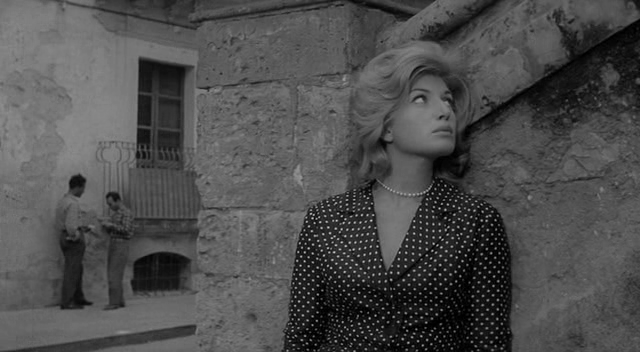
In the two decades since the release of the universally-lauded
Crimes and Misdemeanors, Woody Allen's critical credibility has erratically gone from that of an intellectual wunderkind, to a past-his-prime genius treading water, to an out-and-out hack, and back again. In fact these labels have been exchanged so frequently that they appear to be switched out annually when the latest film from Woody reaches theatres like clockwork.
Certainly Allen's output in the last twenty years has had plenty to do with these critical changes of heart. For every Mighty Aphrodite there has been a bomb like Celebrity. Sadly though many of the films released in this time period have been unfairly overlooked because of the critical climate surrounding Allen come the film's release. Recently Quentin Tarantino turned fanboys' heads with the proclamation that one of Allen's most notorious critical and commercial failures, the 2003 Jason Biggs vehicle Anything Else, was one of the twenty best films in the last two decades. I commend Tarantino's championing of Anything Else, even though I too fell prey to the mumblings regarding the picture and have so far avoided it. Like Tarantino, I have Allen films that I feel unfairly fell through the cracks. They deserve more attention and acclaim.
2007's Cassandra's Dream is one example. Woody had most recently released Scoop, his second film featuring the inexplicable Scarlett Johanssen. Scoop singlehandedly managed to temper the huge wave of goodwill that greeted the previous year's Match Point, a film I personally find ridiculously overrated. Cassandra's Dream is a drama centering around two working class brothers who commit murder to get themselves ahead. The film was initially scheduled for a Christmas release in hopes of qualifying for the Oscars but the studio had second thoughts and waited until the new year to dump it into theatres. The film received minimal promotion and subsequently disappeared shortly thereafter. That's a shame because I find the film, despite some very obvious flaws, rather effective.

One wise decision was that of swapping out Johannsen for the fine performances of Ewan McGregor, Sally Hawkins, and the man with the golden touch, Mr. Colin Farrell (can he do no wrong? I mean seriously, after the New World and In Bruges who dares doubt him??) The script itself is flimsy, feeling very much like a first draft. Though instead of becoming a hindrance, the script's skeletal nature somehow adds a unique energy to the film. For example, there is a scene early on that so obviously serves as a means of exposition (it functions solely to let the audience know that the brothers' uncle is wealthy), that you end up experiencing it from a wholly different perspective. It's as if Woody, who has written more screenplays than just about anyone, is riffing on the film's structure, similar to the work of his revered jazz musicians. He knows that the scene needs to be there but he also realizes that we've seen it all before, so he decides to get in, retrieve the pertinent information and then it's off to the plight at the center of the film. I also found the tone of Cassandra's Dream interesting. The construction of the film is so consistently downbeat, from it's moral crux to that Philip Glass score, that I couldn't help but find rays of humor in it. Intentional or not, the brief snippets of comedy that peek out through the film manage to give it a deeper sense of humanity. These flaws managed to draw me further into the feature, instead of putting me at a distance. The riches I derive from the picture may not necessarily be the ones intended but that's what excites me. Cassandra's Dream is a messy sketch by a consummate artist.

I may be able to find unintended joys within an interesting, yet minor work like Cassandra's Dream but these rewards are mere trifles compared to the beauty and grace that permeates Woody's 1999 masterpiece, Sweet and Lowdown. To say that Sweet and Lowdown is one of my favorite Allen films is simply not enough. Few films by any director have had a more profound impact on me, both emotionally and creatively. When it was released I saw it three times in a single week, embarking on the thirty-minute train ride to San Francisco each time to do so. I wrote a short story about it, which I will mercifully spare you from. My deeper understanding of film in the last decade and the now-obvious influences that bear heavily upon Sweet and Lowdown, fail to diminish its charms in my eyes.

Sweet and Lowdown was Woody's retelling of Federico Fellini's perfect La Strada, a previous Metro Classic that I had yet to see back in 1999. The locations have changed, from an impoverished Italian countryside to the American jazz scene of the 1930s, but the characters are the same. Both films revolve around egotistical, controlling misogynists who don't realize their dependence upon the silent innocence of the women in their lives until sadly, they are gone.

Like Crimes and Misdemeanors, Sweet and Lowdown is one of Woody Allen's best mixtures of comedy and pathos. His inimitable one-liners hit the mark consistently without once detracting from the story's central tragedy. Like this year's solidly funny Whatever Works, Sweet and Lowdown was initially conceived in the 1970s but was put aside, languishing in a drawer for decades until Allen decided years later to have another go at it. Originally titled the Jazz Baby, the film was to be his follow-up to Take the Money and Run, his well-received directorial debut. Despite the fact that the studio gave him free rein to write what he pleased, they were stunned to read the dramatic script Allen turned in. The pressure to deliver something funny resulted in the Jazz Baby's disappearance while Allen went on to make such comic classics as Bananas and Sleeper. In 1998 he rewrote the script and title.

Sweet and Lowdown is framed as a portrait of a fictional jazz guitarist Emmett Ray, exceptionally portrayed by Sean Penn, who is a volatile, emotionally-stunted alcoholic who considers himself the second best jazz guitarist alive (after Django Reinhardt whose music is the only thing that can drive Emmett to tears.) The character of Emmett is fascinating to watch and rather unique in Allen's work, for he is one of the rare leads who is not a simple facsimile of Woody's persona. His actions and thoughts are a far cry from the typical Allen protagonist. This can partially be attributed to the origins of Fellini's plot and Sean Penn's nuanced performance.

There are other notable performances in the film but none shines so bright, nor carries half as much weight as that of the peerless Samantha Morton, who portrays Emmett's long-suffering girlfriend, the beautiful Hattie. Told to play the mute character as Harpo Marx, Morton goes deeper, giving Hattie a solid somberness beneath her playful exterior. It's one of my favorite performances of all time. Her work elevates the film to greatness. She was nominated for an Academy Award (as was Penn) but she lost to of all people, Angelina Jolie for Girl, Interrupted. In my eyes, this is a slight of Crash-sized proportions.
It is with films like these, the unheralded gems that occasionally burst through the cracks that keep me excited about the next Woody Allen film. To know that the master that crafted such masterpieces as Annie Hall and Manhattan is still churning out works with artistic merit and emotional intensity is a cause for celebration.






































